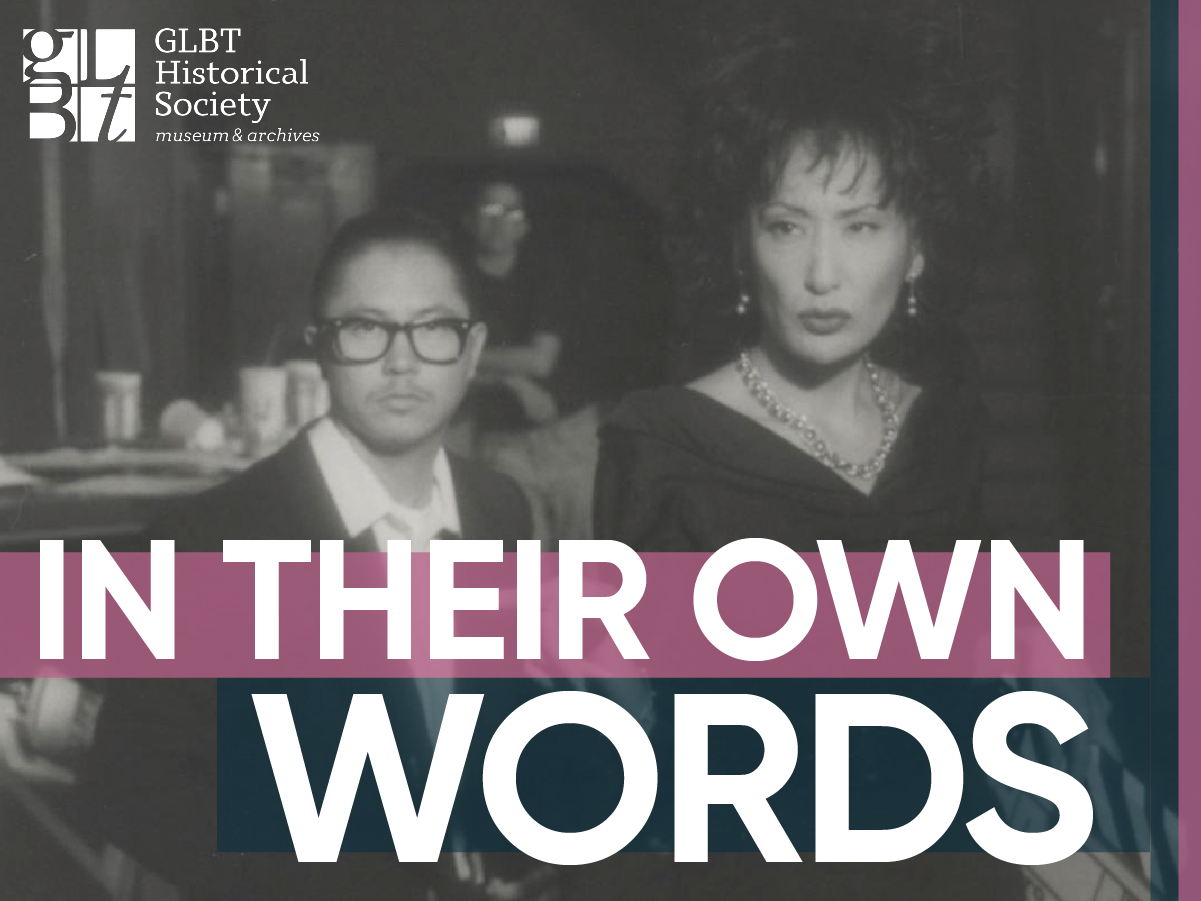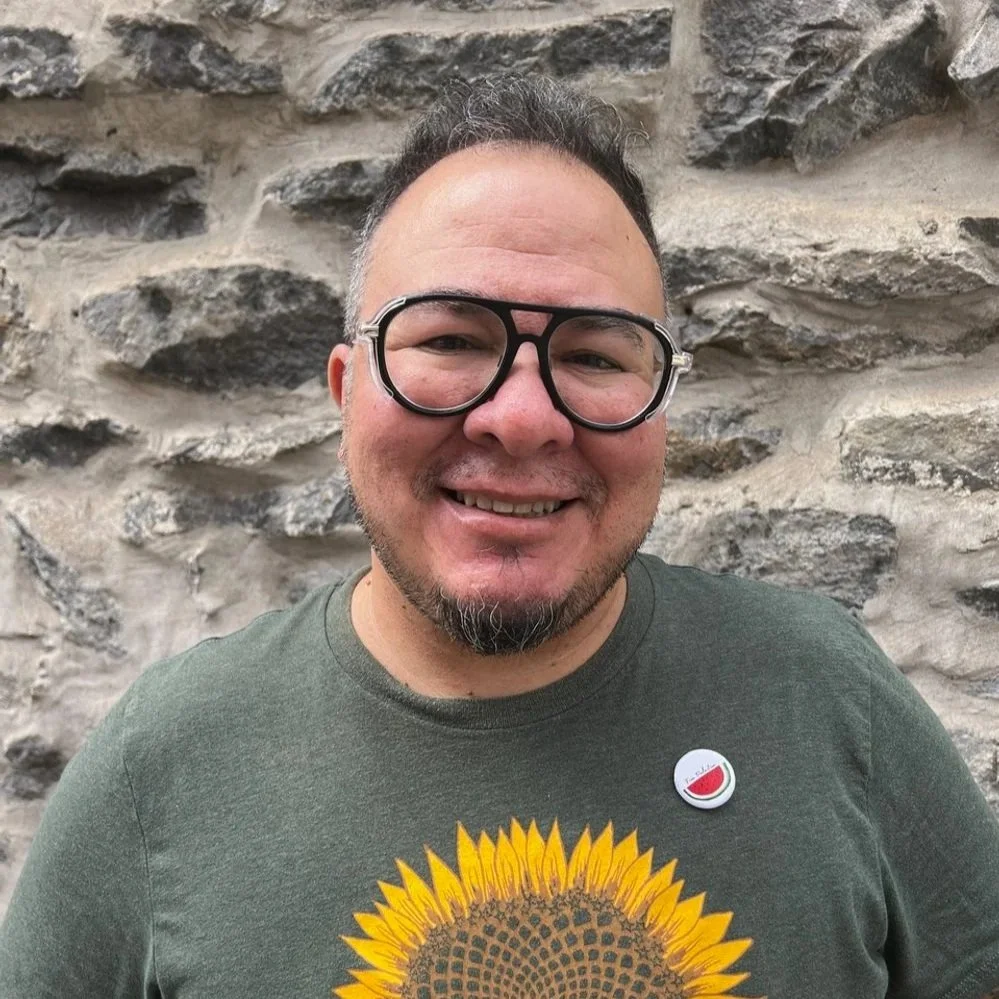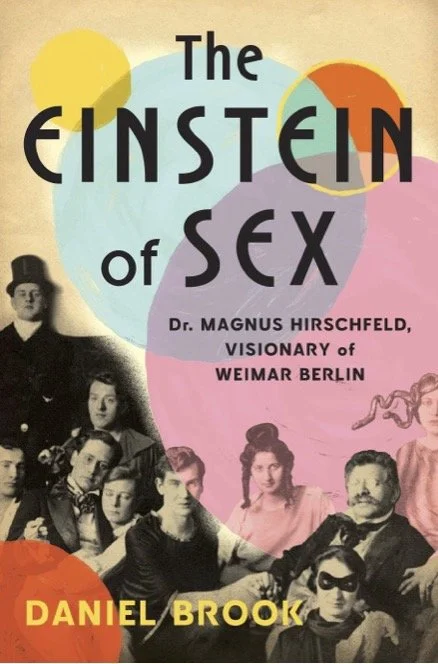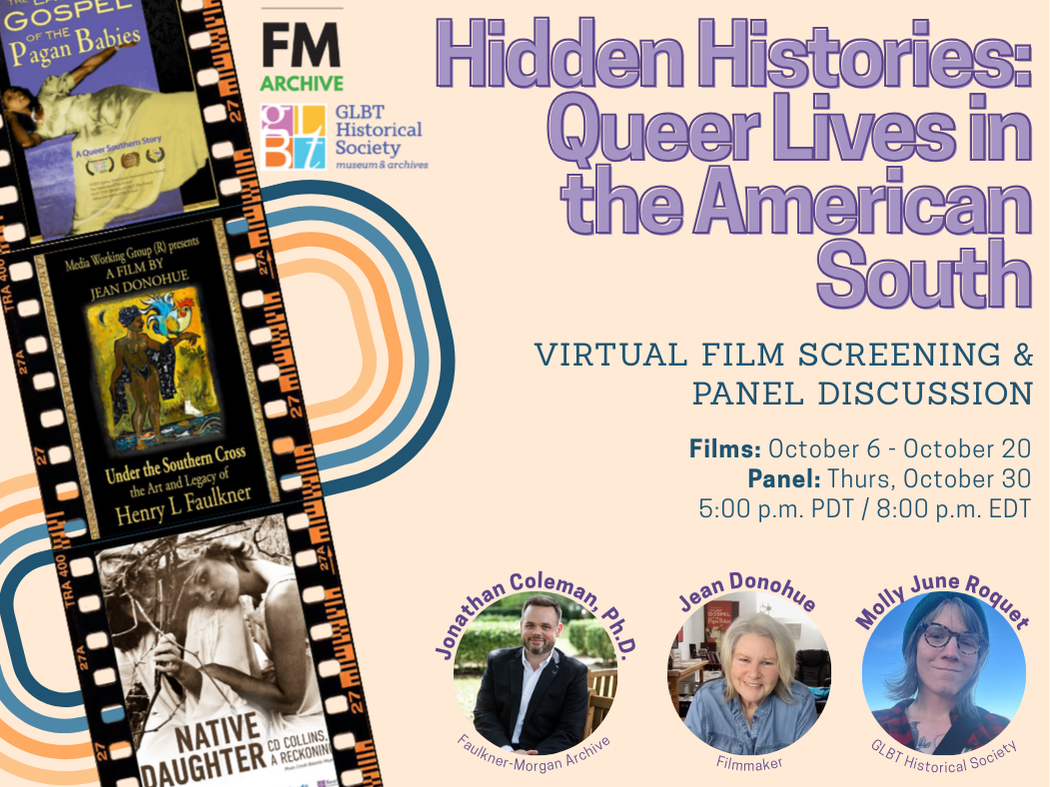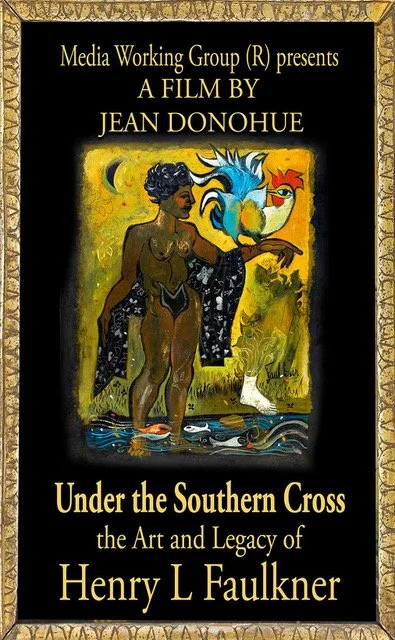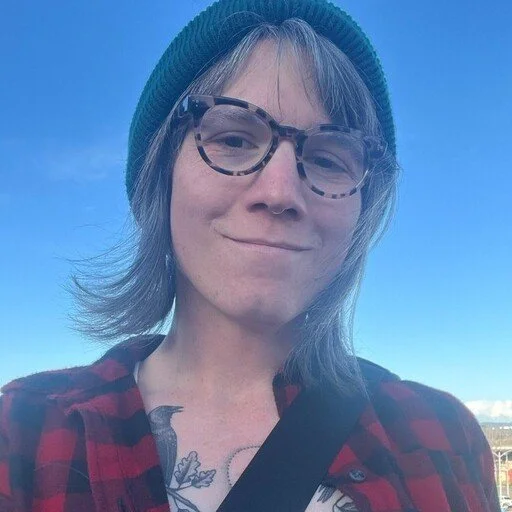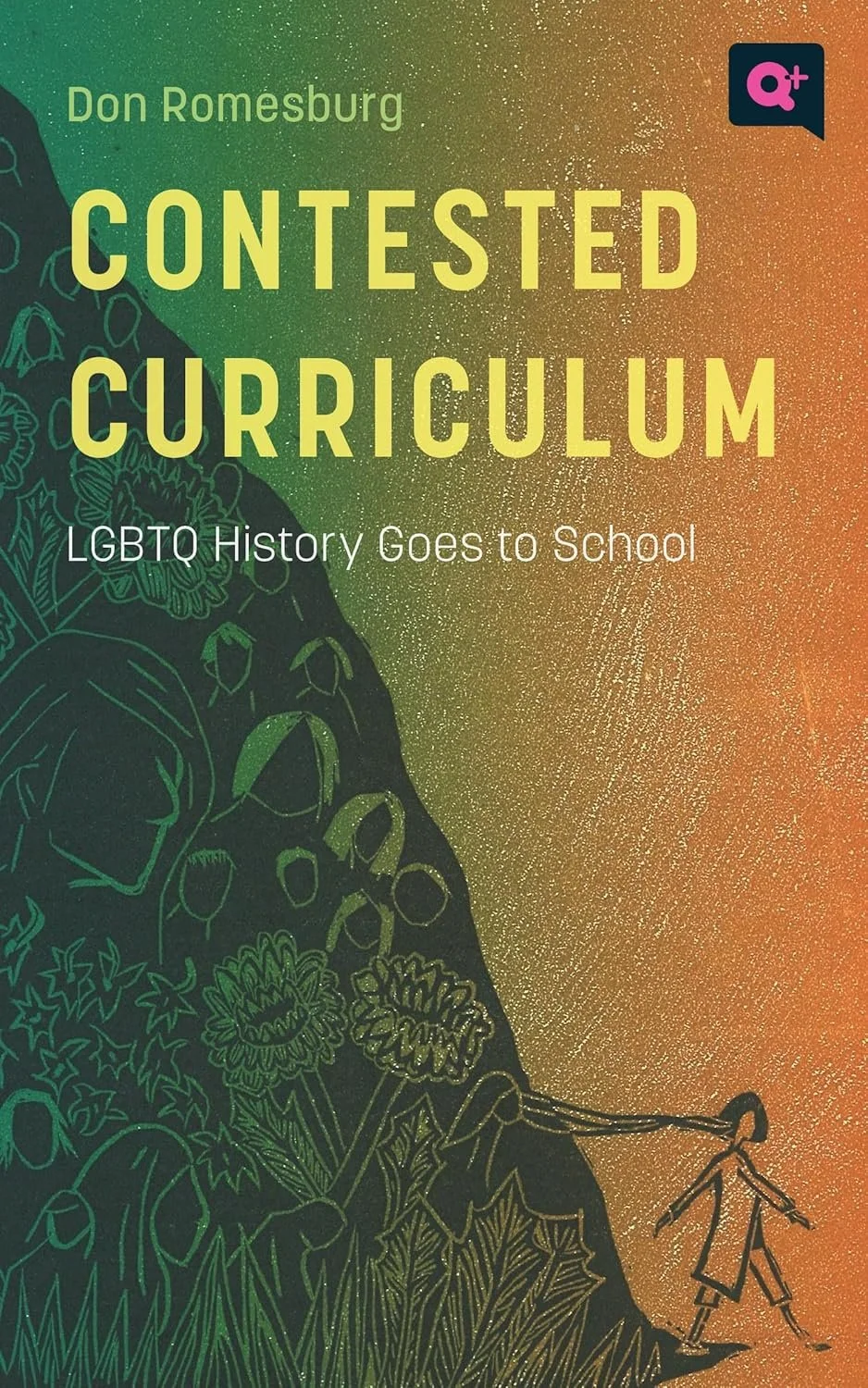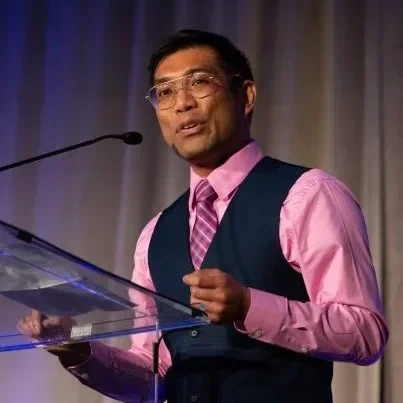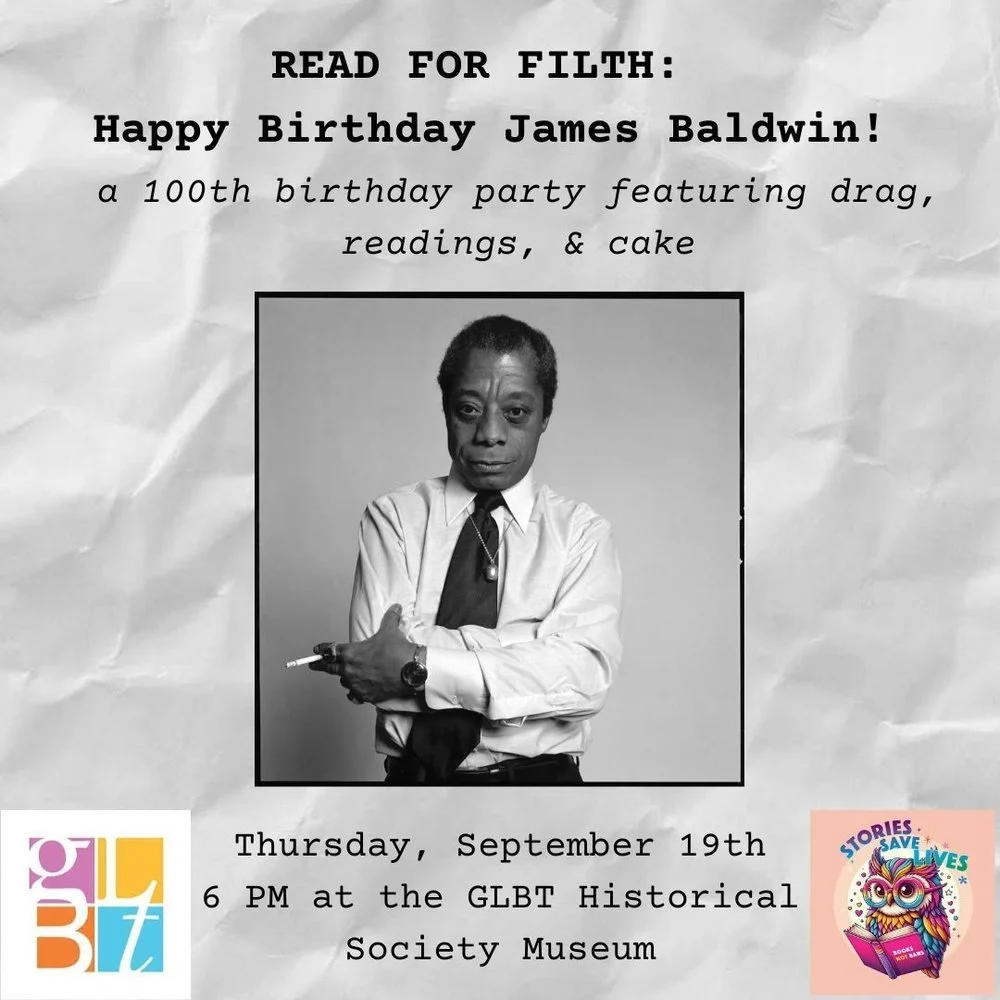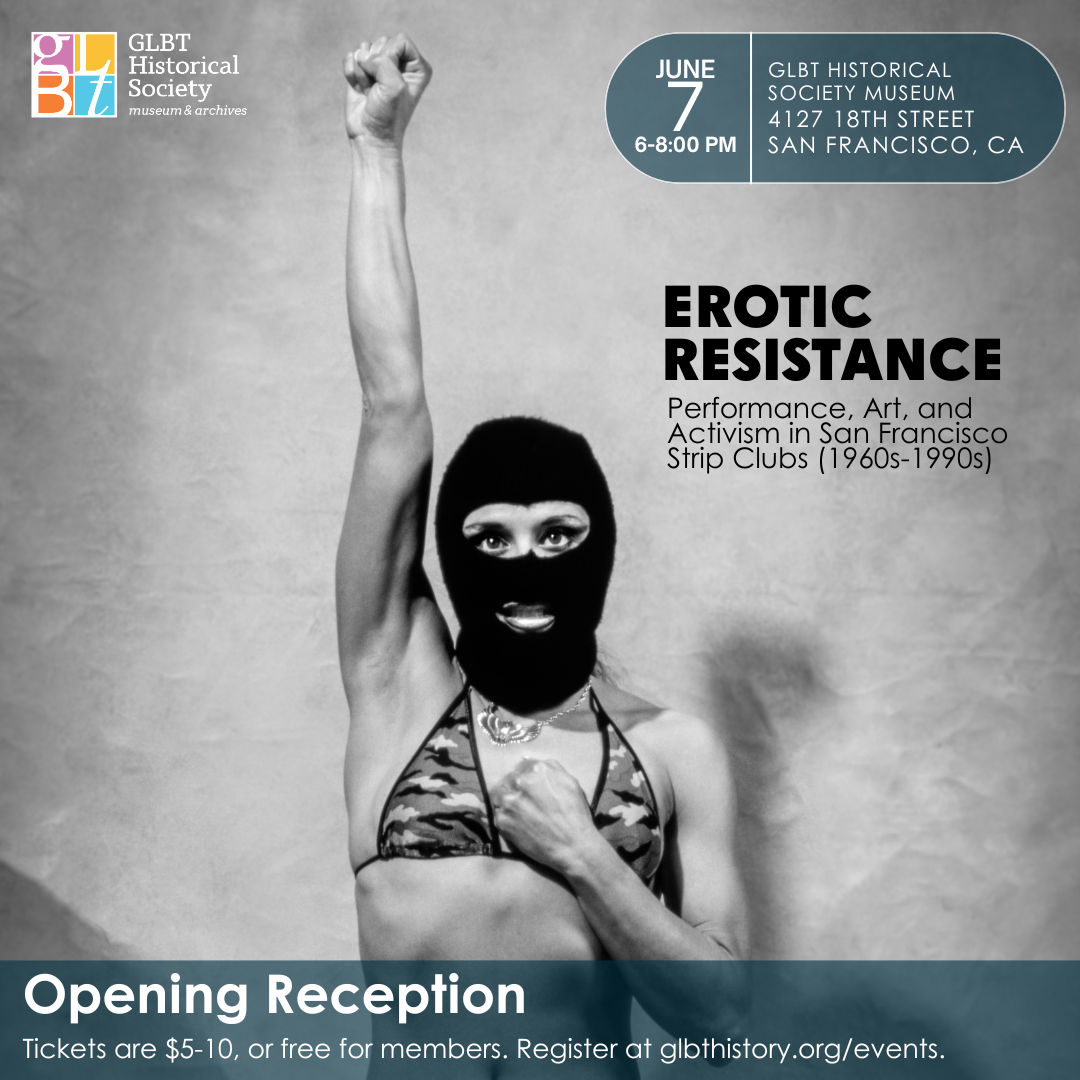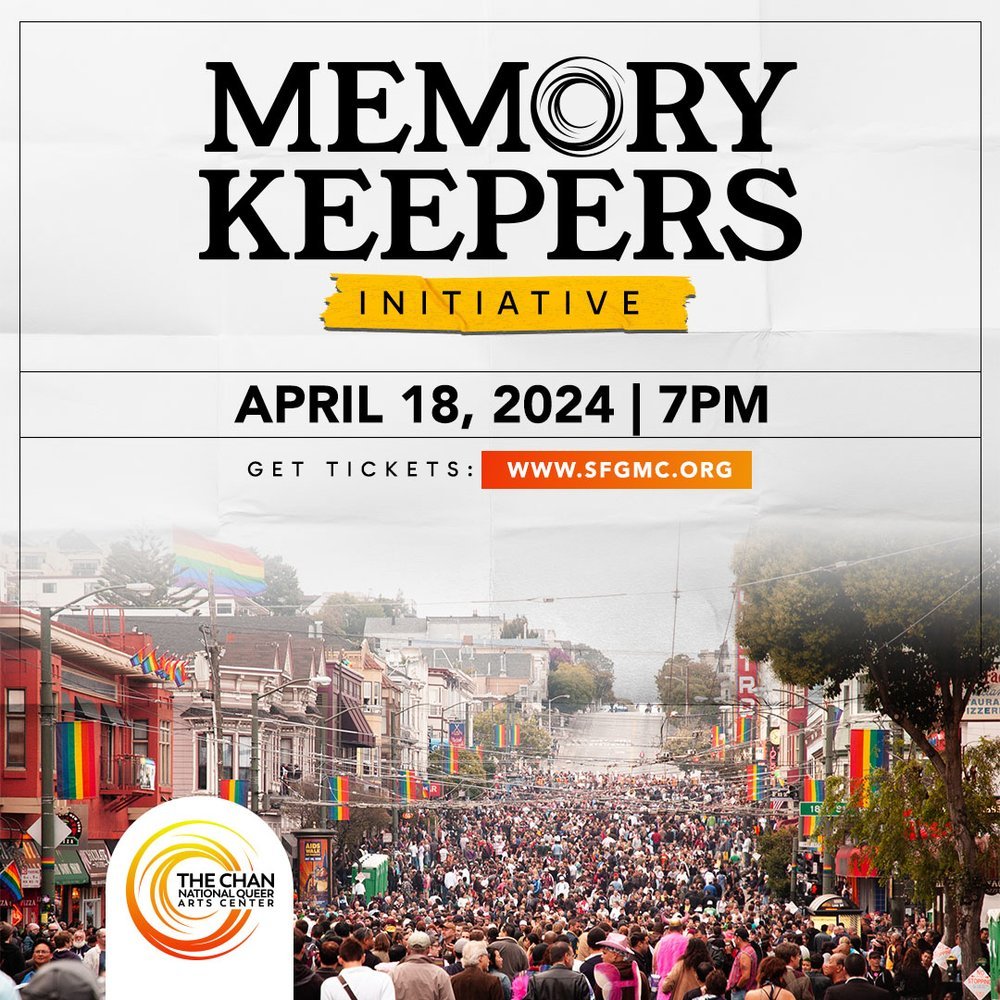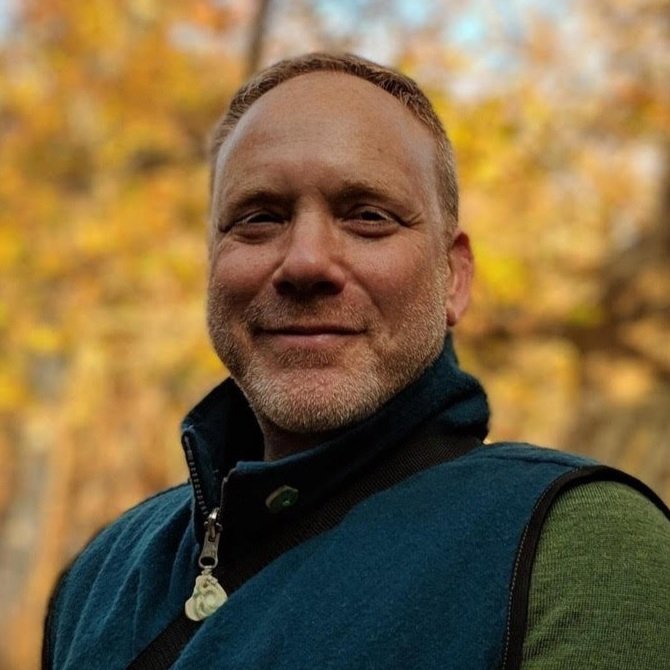In Their Own Words: Trans People of Color Speak from the Video Archives
LOCATION
GLBT Historical Society Museum
4127 18th Street
San Francisco, CA 94114
ADMISSION
$10 admission; Free for GLBT Historical Society Members
Join the GLBT Historical Society Museum for In Their Own Words: Trans People of Color Speak from the Video Archives, an evening of rare archival footage spotlighting Black, Latinx, Asian, and Pacific Islander trans and gender-nonconforming people speaking about their lives, identities, and activism.
Drawn from the GLBT Historical Society collections, this special program features excerpts from Screaming Queens: The Riot at Compton’s Cafeteria (alongside extended interviews with trailblazing figures featured in the film), highlights from genderqueer disco queen Sylvester’s fabulous 40th birthday celebration, and candid clips capturing everyday trans and gender-nonconforming life in San Francisco and the Bay Area.
This event is presented in celebration of our current featured exhibition, I Live the Life I Love Because I Love the Life I Live, co-presented with the Louise Lawrence Transgender Archive and on view through February 15. The exhibition honors trans and gender-nonconforming trailblazers of color who lived boldly and authentically despite racism, homophobia, transphobia, and class prejudice.
Following the screening, curator and Louise Lawrence Transgender Archive Director Ms. Bob Davis will share her vision for the exhibition and reflect on the people and stories featured—joined by community members, activists, and artists highlighted in the exhibition who are still thriving, creating, and living authentically in the Bay Area today.
Additional guests and speakers to be announced soon.
SPEAKERS
Ms. Bob Davis served two terms on the GLBT Historical Society board of directors, one as secretary. She presented on two panels at Moving Trans History Forward 2020, University of Victoria, BC, Canada. She presented there in 2014 and 2018 as well. Her talk, “Glamour, Drag and Death: How Two Community Archives Preserve Art from the Era of HIV/AIDS,” was presented at the Archives, Museums and Special Collections Queering Memory 2020 conference in Berlin. After the presentation she was invited to turn the talk into an article for the “Trans and HIV/AIDS” issue of Transgender Studies Quarterly (Duke University Press), due out later this year.
Her autobiographical essay, “For As Long As I Can Remember…,” is included in Glimmerings (TransGender Publishing, 2019) an anthology of people relating when they first realized their transgender identity. Currently she is writing a chapter for Life Trips: Navigating Transgender Aging, Illness and End of Life Decisions, edited by Jude Patton and Margo Wilson. Ms. Bob teaches music at Napa Valley College and City College of San Francisco.
Photograph by Annalise Ophelian
StormMiguel Florez is a proud trans, disabled, Xicane filmmaker, actor, music maker, and the co-host/co-producer of SANTES - a podcast for future trans and queer ancestors. After spending most of his life songwriting and performing, he became a filmmaker in his early 40s. His films center trans and queer stories and communities. Find StormMiguel on ig: @StormMiguel @SantesProject
Members Perks
Interested in becoming a member of the GLBT Historical Society? Members enjoy all sorts of perks, including free access to this event. Learn more.


